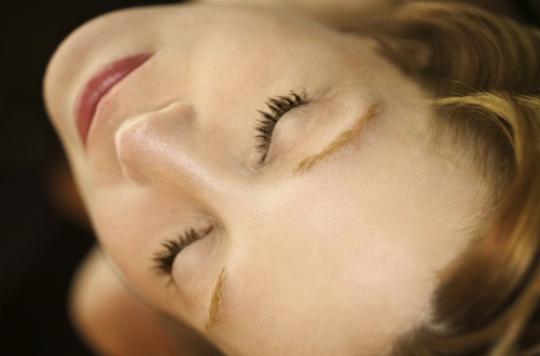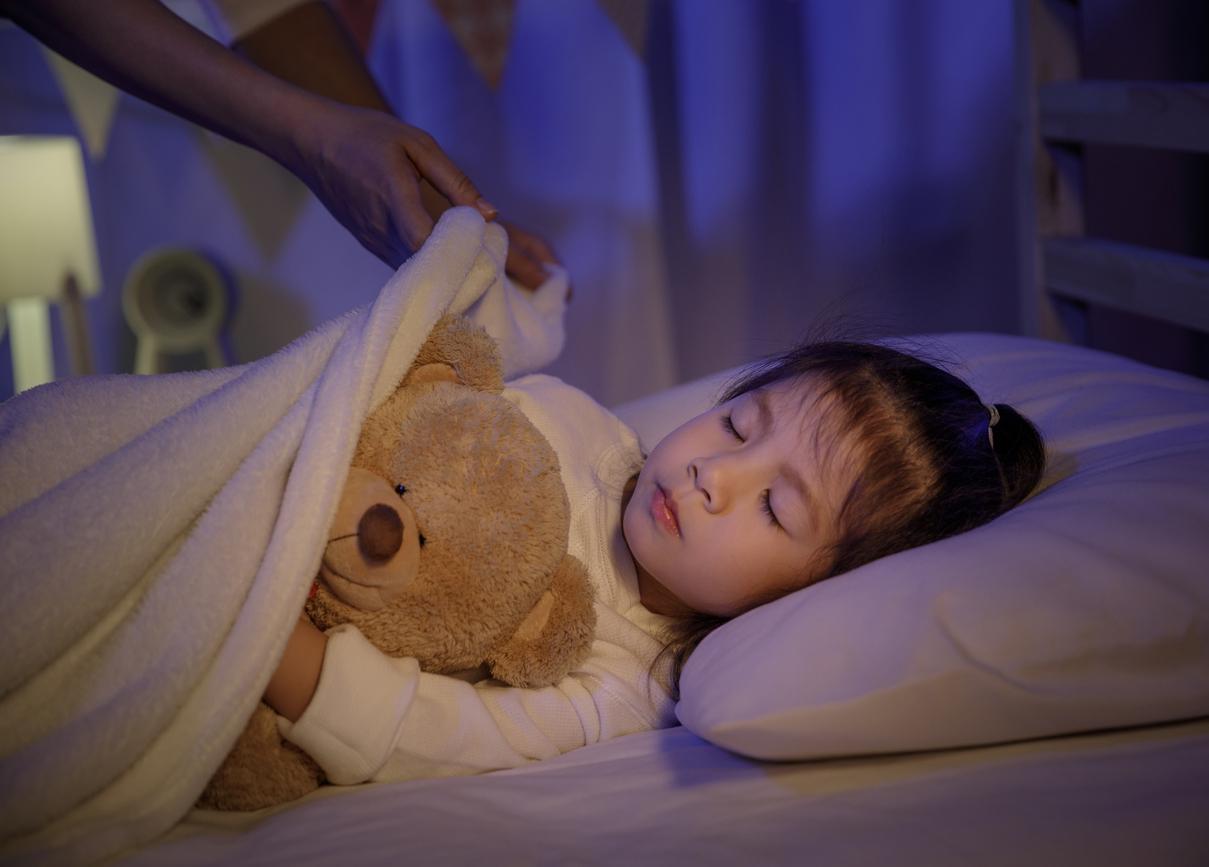For several months, people with this syndrome can sleep for up to 18 hours a day. For the first time, people suffering from this rare disease gathered in Paris.

At 16, Mélodie’s future was all mapped out. A brilliant student, she could easily imagine joining a high school. But, a grain of sand seized the machine. In 2009, the girl began to have deep sleep attacks. Mélodie could sleep up to 18 hours a day. These long hours of sleep were certainly interspersed with small phases of awakening, but Melodie, drowsy, was just able to drink, wash, and nibble.
For a week, 15 days or even more, it is therefore impossible for her to go to high school. The strangeness of these symptoms immediately worried Mélodie’s parents, and in particular her mother, who is an anesthetist. Very quickly, Alice will put a name to these symptoms: Kleine Levin syndrome, also known as Sleeping Beauty syndrome.
Listen to Alice, Mélodie’s mother: “I quickly made the diagnosis on the Internet. But, the official diagnosis did not fall until 2 years later ”.
Two years to wait for a diagnosis is particularly long when life is put on hold for several months of the year. This is because people who suffer from Kleine Levin syndrome can have several seizures per year. This rare neurological disease, of unknown origin, is characterized by episodes of hypersomnia lasting a few days to a few weeks during which patients feel like they are out of the real world.
Listen to Melody, with Sleeping Beauty syndrome: “In a crisis, it’s like I’m liquid. My thoughts slip into my hands ”.
The other peculiarity of this disease is that once the crisis is over, Sleeping Beauty syndrome leaves no trace. Life can resume its course. Some people are worried that a new crisis will occur. Mélodie refuses to let her whole life revolve around her illness. “I know it will happen, that’s all …”
During crises, patients suffer from other disorders: they can be sexually disinhibited, show bulimia, suffer from mood disorders, or even regress completely and behave like a small child. However, most of the patients are adolescents.
Listen to Prof. Isabelle Arnulf, head of the reference center on narcolepsy, hypersomnia and Kleine-Levin syndrome: “Girls have long been underdiagnosed”
Side treatment, the charming princes do not jostle on the horizon to wake up the victims of this syndrome. Indeed, for the moment, two drugs show some effectiveness: sodium valproate, normally used in epilepsy and lithium, which is a mood regulator for people suffering from bipolar disorder. But, some patients do not respond to these treatments.
This is the case with Mélodie, who is followed by Dr Isabelle Arnulf. She tested two drugs. “One of them was forcing me to stay awake when all I wanted was one thing, sleep. Suddenly, I experienced it as a mental tear. “
Listen to Melody: “The world was moving at 100 miles an hour and I couldn’t keep up.”
Today, Mélodie and her parents no longer want to participate in drug trials. “We really feel like the brain needs to come to rest, to fix something we don’t know,” says Alice. It is as if she is going into hibernation. “If Mélodie’s mother owed any advice to other parents, it would be:” Let them sleep! “
Of course, sleeping for days or even weeks has a direct impact on the education of these young people. In the first year of class, Mélodie was absent for about 3 months. A good student, she manages to catch up with lessons. “But, it’s hard to explain his illness to teachers and friends so that they can take notes for me. In addition, explains Mélodie, exits from the crisis are slowed down. I am therefore not immediately able to swallow all the accumulated academic delay. ”
National Education is still too little attentive to these extraordinary students.
Also misunderstood by society, which does not know this syndrome, patients have felt the need to discuss their daily life among themselves. The very first meeting took place on July 15, in Paris. A breath of fresh air for these young people cut off from social life sometimes for weeks. “It is important in very rare diseases to feel that you are not alone,” confirms Professor Arnulf. In addition, in diseases for which the cause is not known, I am convinced that the ideas will come from physicians as well as from patients and families of patients. ”
While waiting for research to make progress, Mélodie will try to continue her education, despite her periods of “hibernation”.
.
















